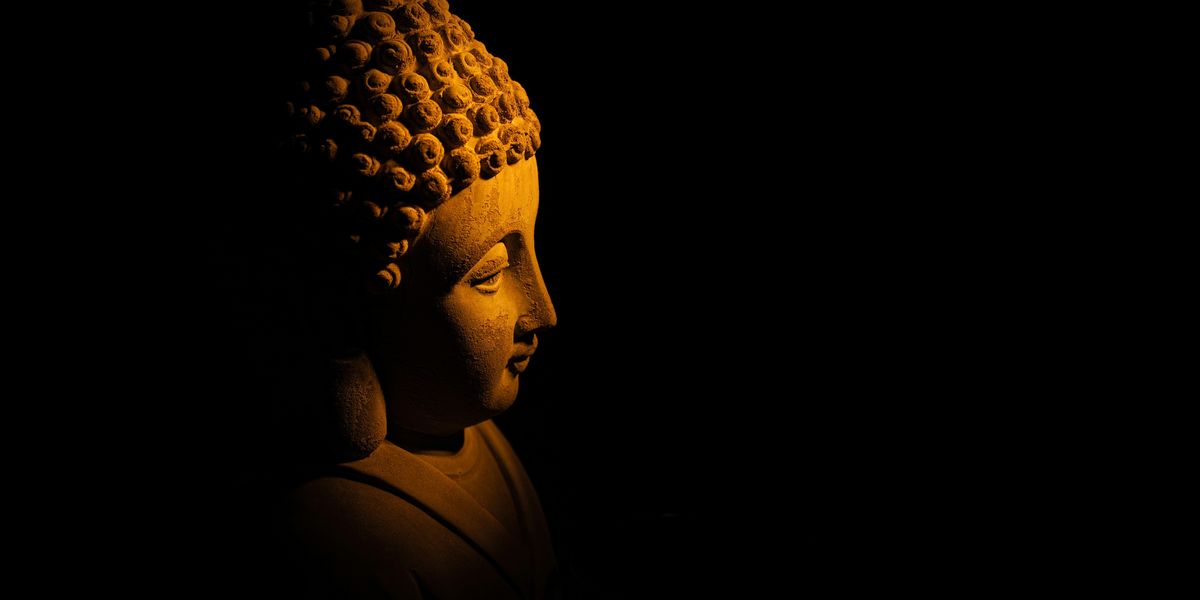A symptom of Buddhisms ongoing commercialization
3 minute readPublished: Monday, May 12, 2025 at 6:25 am

Piprahwa Gems Auction Halted Amidst Controversy: A Look at Buddhist Relics and Colonial Legacy
A planned auction of the Piprahwa gems, discovered in 1898 within a Buddhist stupa in colonial India, has been halted by Sotheby's following pressure from the Indian government. The gems, believed to have been placed alongside the Buddha's bodily relics as an offering, were slated for sale just before the Buddhist holy day of Vesak. This has ignited a debate about the commercialization of Buddhism, the legacy of colonial exploitation, and the sacred status of these artifacts.
The gems were discovered by William Claxton Pepp, a British landowner, during an excavation. The Buddha's relics were sent to Thailand, while some gems went to the Imperial Museum in Calcutta. Pepp retained the remaining gems, which his great-grandson, Chris Pepp, intended to auction. The Indian government's intervention, citing concerns about perpetuating colonial violence, led to the auction's postponement.
Chris Pepp has stated that the sale was intended to make the gems accessible to the public, with a portion of the proceeds earmarked for displaying the gems and supporting Buddhist institutions. However, the planned sale has raised ethical questions. The gems, considered by many Buddhists to be imbued with the Buddha's presence, were intended to be paired with the Buddha's relics. The sale of such sacred objects is seen as disrespectful and morally objectionable by some.
The controversy also highlights the increasing commercialization of Buddhism in the West, where the Buddha is sometimes treated as a commodity. This trend is reflected in the widespread availability of Buddha-themed merchandise, from statues to clothing, often divorced from the religion's spiritual significance.
BNN's Perspective:
While the legal ownership of the gems may be clear, the decision to auction them was insensitive to the profound religious significance they hold for millions. The Indian government's intervention was justified, and Sotheby's decision to halt the sale was the right one. The incident serves as a reminder of the need to respect cultural heritage and the potential for commercial interests to clash with deeply held religious beliefs.
Keywords: Piprahwa gems, Buddhist relics, Sotheby's, auction, India, colonial legacy, Buddhism, Vesak, Chris Pepp, stupa, commercialization of Buddhism, ethical concerns, religious significance, Buddha, relics, colonial violence, Indian government, William Claxton Pepp, Imperial Museum, Calcutta, Thailand, sacred objects, cultural heritage.